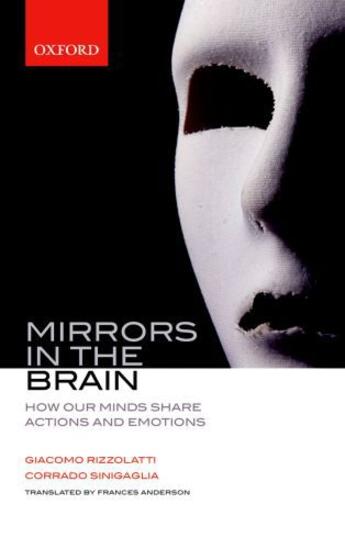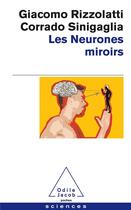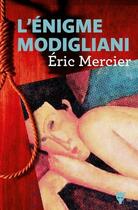-
Nombre de pages : (-)
-
Collection :
(-)
-
Genre :
(-)
-
Thème :
Non attribué
-
Prix littéraire(s) :
(-)
Résumé:
Emotions and actions are powerfully contagious; when we see someone laugh, cry, show disgust, or experience pain, in some sense, we share that emotion. When we see someone in distress, we share that distress. When we see a great actor, musician or sportsperson perform at the peak of their... Voir plus
Emotions and actions are powerfully contagious; when we see someone laugh, cry, show disgust, or experience pain, in some sense, we share that emotion. When we see someone in distress, we share that distress. When we see a great actor, musician or sportsperson perform at the peak of their abilities, it can feel like we are experiencing just something of what they are experiencing. Yet only recently, with the discover of mirror neurons, has it become clear just how this powerfulsharing of experience is realised within the human brain. This book provides, for the first time, a systematic overview of mirror neurons, written by the man who first discovered them.In the early 1990's Giacomo Rizzolatti and his co-workers at the University of Parma discovered that some neurons had a surprising property. They responded not only when a subject performed a given action, but also when the subject oberved someone else performing that same action. These results had a deep impact on cognitive neuroscience, leading the neuroscientist VS Ramachandran to predict that 'mirror neurons would do for psychology what DNA did for biology'. The unexpected properties ofthese neurons have not only attracted the attention of neuroscientists. Many sociologists, anthropologists, and even artists have been fascinated by mirror neurons. The director and playwright Peter Brook stated that mirror neurons throw new light on the mysterious link that is created each time actorstake the stage and face their audience - the sight of a great actor performing activates in the brain of the observer the very same areas that are active in the performer - including both their actions and their emotions.Written in a highly accessible style, that conveys something of the excitement of this groundbreaking theory, Mirrors in the brain is the definitive account of one the major scientific discoveries of the past 50 years.
Donner votre avis















